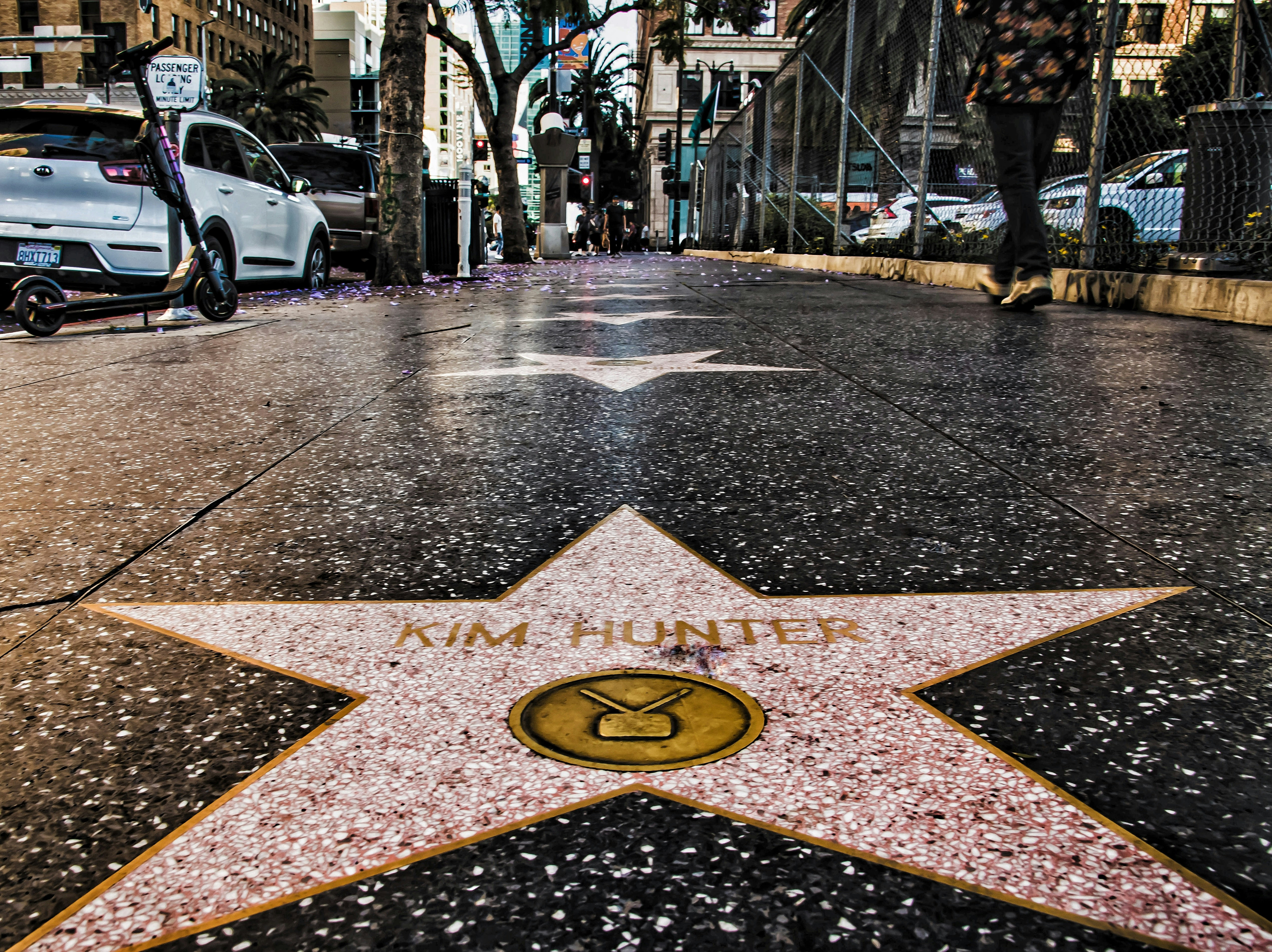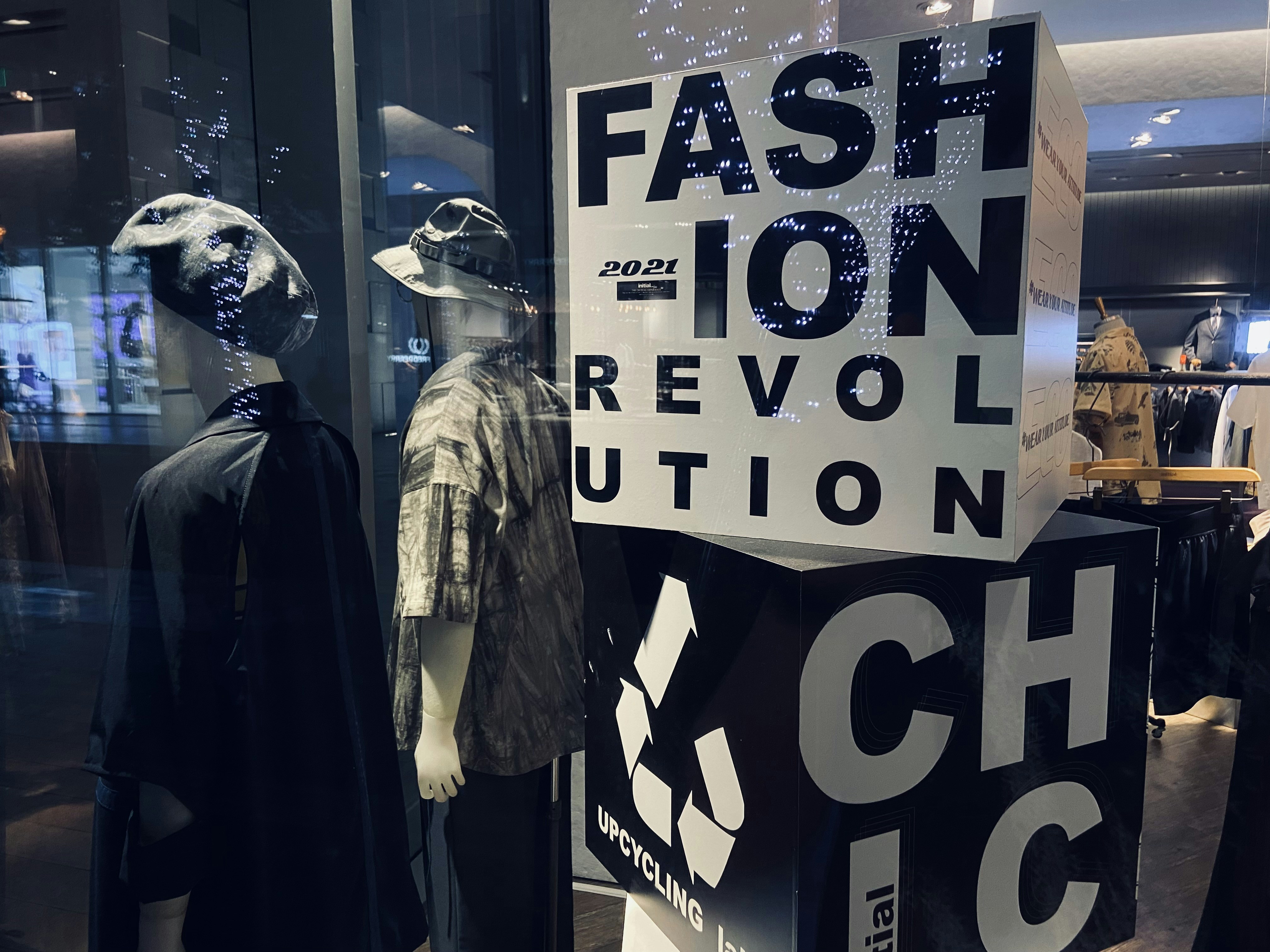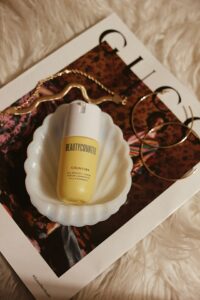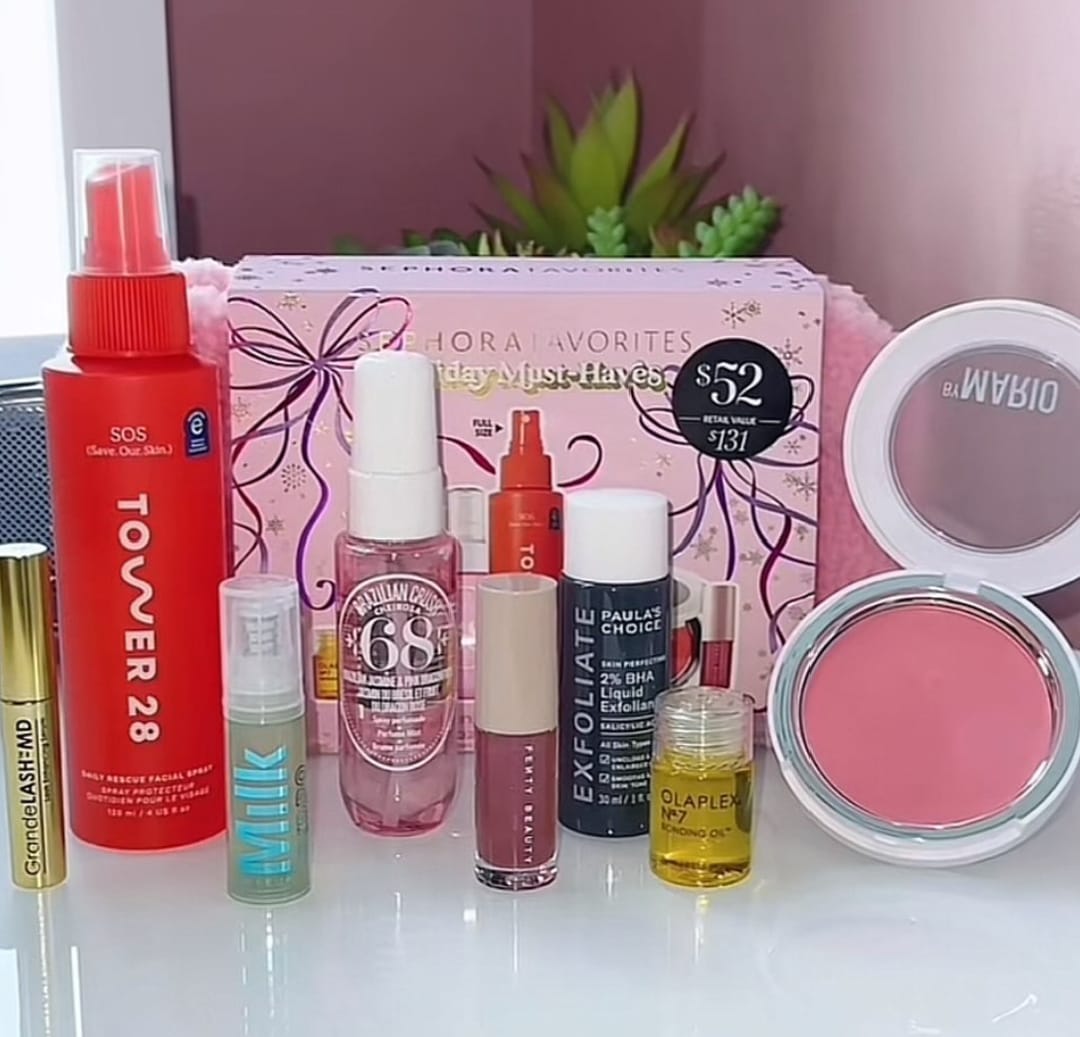In ELLE.com’s month-to-month collection Workplace Hours, we ask individuals in highly effective positions to take us via their first jobs, worst jobs, and every thing in between. This month, we spoke to Mélanie Masarin, the founder and CEO of Ghia, the nonalcoholic aperitif that’s been popping up in your feeds and on the menu at your favourite bar. After working for the CEOs of Dig Inn and Glossier, Masarin by no means anticipated to start out an organization herself, however when she stopped ingesting throughout her Glossier years, she realized, “I felt so a lot better…however I felt fully unnoticed.” Masarin launched Ghia within the peak of the pandemic, so individuals like her might have a drink different that felt as complicated and thrilling as a cocktail. Now, on September 4, Ghia will introduce its newest product: Le Fizz, a $20 bubbly, strawberry-orange-blossom beverage that is available in a wine bottle. The drink’s worth level and ease (no mixing essential) is all a part of Masarin’s efforts to make Ghia as inclusive as doable, in each sense of the phrase. Beneath, she explains what that appears like in apply, what she realized working at buzzy startups in her 20s, and her dream of in the future bringing Ghia to her house nation, France.
My first job
After I was 14, I labored at a tobacco store in France. It positively wasn’t allowed, however the woman who was there needed to open so early within the morning, and she or he was like, “OK, you’re accountable, you possibly can simply do it.” I had the 6 A.M. shift on Sundays. You’ll promote lottery tickets, cigarettes, and magazines. You then needed to do the stock of the magazines. We had been additionally promoting little luggage of sweet; they’re extremely popular in France, so I used to be making the baggage. Actually, it was nice. I realized the worth of cash. There was a really social facet to it, as a result of it was within the tiny village the place I grew up; there are 3,000 individuals, and it’s a variety of previous individuals and households. It was a really community-forward job.
The job I’d by no means wish to do once more
I labored in banking at Goldman Sachs proper after faculty for 2 years, and it simply wasn’t for me. It was a variety of understanding what the well being of a enterprise appears to be like like and understanding numbers. It was an unbelievable expertise; I don’t assume I might’ve been in a position to run my enterprise in the best way I realized to run my enterprise with out it.
My first meals reminiscence rising up
I realized to prepare dinner with my grandmother. Every part she made was actually easy; she might simply make one thing extraordinary out of the mundane. It wasn’t like her meals was tremendous fancy, or she used very particular components—she simply knew methods to make issues style good, and she or he knew methods to be tremendous beneficiant together with her meals. My first job within the kitchen was slicing the edges of the inexperienced beans together with her; I used to be all the time her sous-chef.
The faculty job that taught me every thing
I went to Brown in 2008. I didn’t converse a ton of English after I obtained there, and I wanted to generate income. I might solely work on campus, and by the point I obtained my Social Safety quantity, which took a month or two, the one shift accessible was on the bakeshop. I took on extra shifts as individuals had been dropping them, and I ended up operating eating companies for the next few years. It was the job that taught me each different job; we had 350 or 400 scholar staff, and other people would all the time bail throughout finals, so we had to verify, in essentially the most hectic time, that we had been in a position to backfill all of those shifts and that individuals had been fed. I used to be operating 10 cafeterias on campus and the scholar staffing for all of these. It was truly superb.
The way it felt to work for main firms at a younger age
It’s humorous, I don’t assume I used to be ever scared. I trusted myself to do my greatest; I by no means had an enormous imposter syndrome with work. I all the time felt very comfy elevating my hand if I didn’t know one thing. I feel the draw back is a few individuals have much more enjoyable than what I had in my 20s. However I sort of really feel just like the 20s usually are not essentially to have enjoyable, and it’s actually necessary to construct a future. The years get extra enjoyable as you become older, so no regrets there. There’s not sufficient cash on the planet for me to return to my 20s, to be trustworthy.
Why I lastly determined to turn into a founder
I used to be actually fortunate to work for founders or CEOs from a younger age. I labored straight for the CEO of Dig Inn. Then, for a time period, I reported into Emily Weiss at Glossier. I used to be by no means like, “Oh, I would like that job.”
After I left Glossier, I used to be freelancing for a bit, and I used to be very comfy. Managing individuals can take a ton of power, and the place I generally wrestle is managing individuals and likewise discovering artistic time, as a result of the 2 are in direct competitors. So it was good to only be designing and dealing freelance and having nobody to report back to; I used to be going to 2 P.M. pilates courses simply because I might.
I used to be actively attempting to determine what I wished my subsequent transfer to be, and I knew I didn’t need it to be one other job I used to be going to be at for 2 or three years. I wished one thing that may be extra significant. I’d stopped ingesting whereas I used to be at Glossier, after which [realized the idea for Ghia] was in entrance of my eyes the entire time. I even tried to search out co-founders, but it surely simply grew to become a necessity for me to construct it. I used to be simply so excited, and nobody was doing it. It was all I might take into consideration. I knew what I wished it to style like. I knew what I wished it to really feel like. I all the time say I designed Ghia for me. I feel possibly that’s what founders really feel; it was simply this thrilling artistic movement that I had been lacking for the previous few years.
How I take into consideration inclusivity at Ghia
I finished ingesting after I was at Glossier. After I left, and was reintegrating my social life, I used to be feeling so a lot better. I used to be sleeping higher, and I used to be attempting to be wholesome, as a result of I had extra time. And each time I used to be going out, individuals had been questioning why I wasn’t ingesting. I felt so a lot better with out it, however I felt fully unnoticed. For us, [inclusivity is] an invite for individuals. It’s making individuals really feel welcome within the dialog and the celebration. So it takes completely different varieties with Ghia. We actually wished to be in eating places, to be the place individuals had been social. It’s not simply saying, “For those who’re not ingesting, you possibly can take pleasure in this drink from the consolation of your property,” as a result of that’s not totally inclusive. It’s additionally saying, “We’re not going to make you’re feeling such as you’re going to have a lesser model of an alcohol that already exists, however as a substitute having a product that’s enjoyable and irreverent.” It’s making a model that stands by itself.
On launching in France sooner or later
It means lots to me. The market is prime in a manner that in case you’d requested me 5 years in the past, I might not have thought. That reinforces the concept that we do effectively in locations the place individuals rejoice lots, as a result of there’s all the time somebody who feels excluded. I’m scared, as a result of it requires a variety of sources, and it’s a market that could be very tough, and other people have very refined palates; individuals [in France] have very inexpensive, very high-quality wines and alcohol accessible. However I’m actually sensing that there’s a powerful demand for it. Folks socialize a lot right here that I feel we’ll do effectively. It’s conserving me on my toes, for certain.
This interview has been edited and condensed for readability.
Madison is the digital deputy editor at ELLE, the place she additionally covers information, politics, and tradition. If she’s not on-line, she’s in all probability napping or attempting to not fall whereas mountain climbing.








